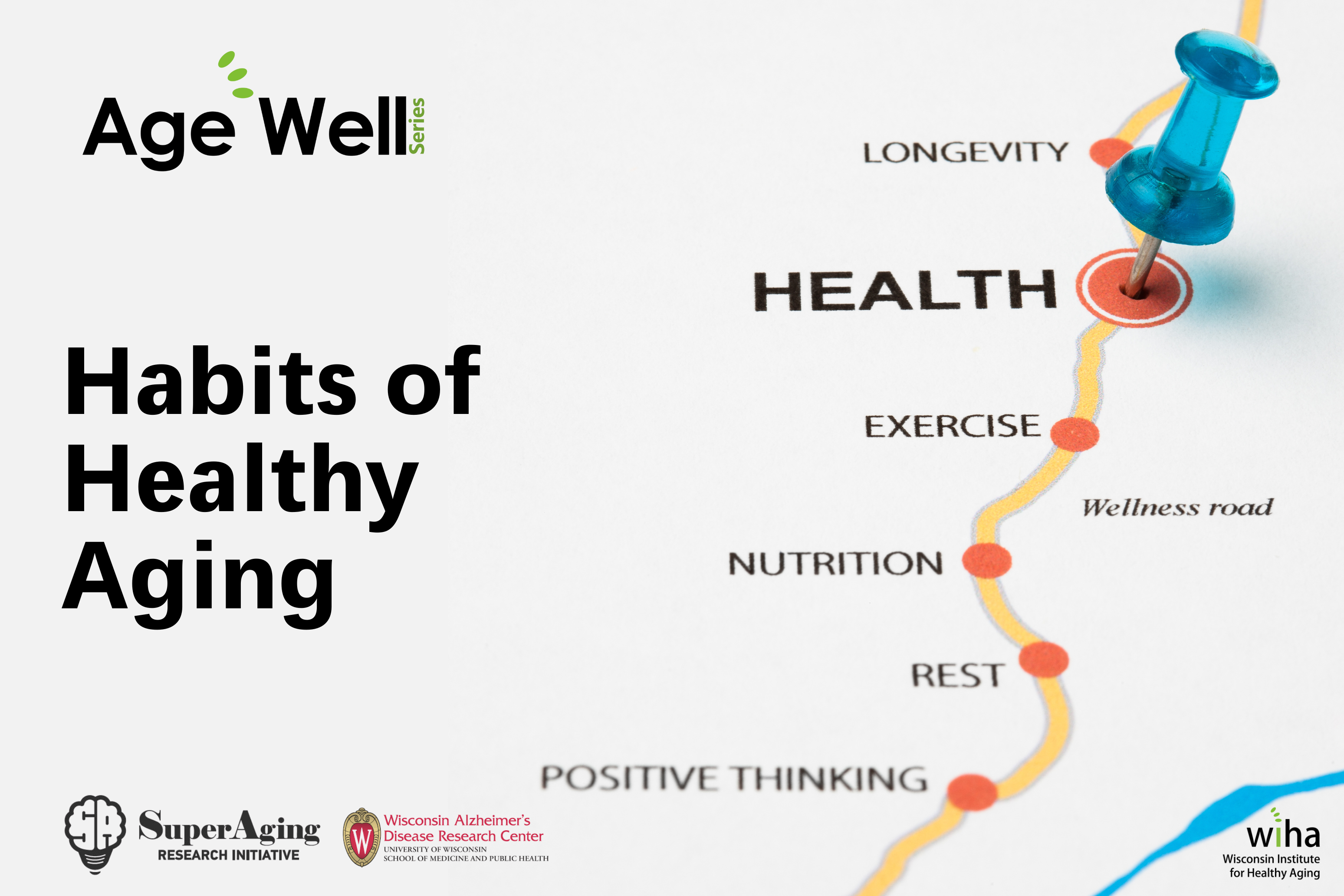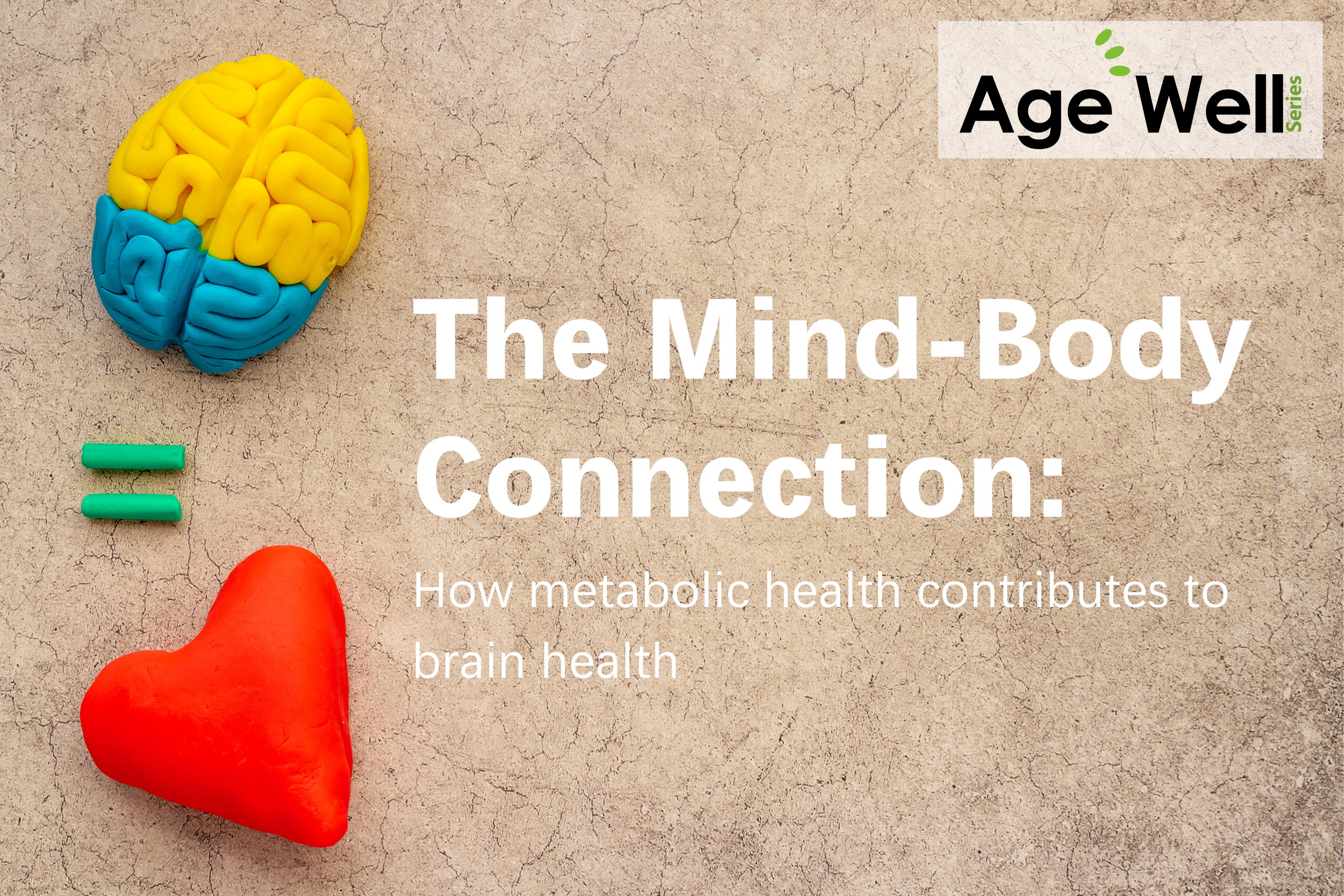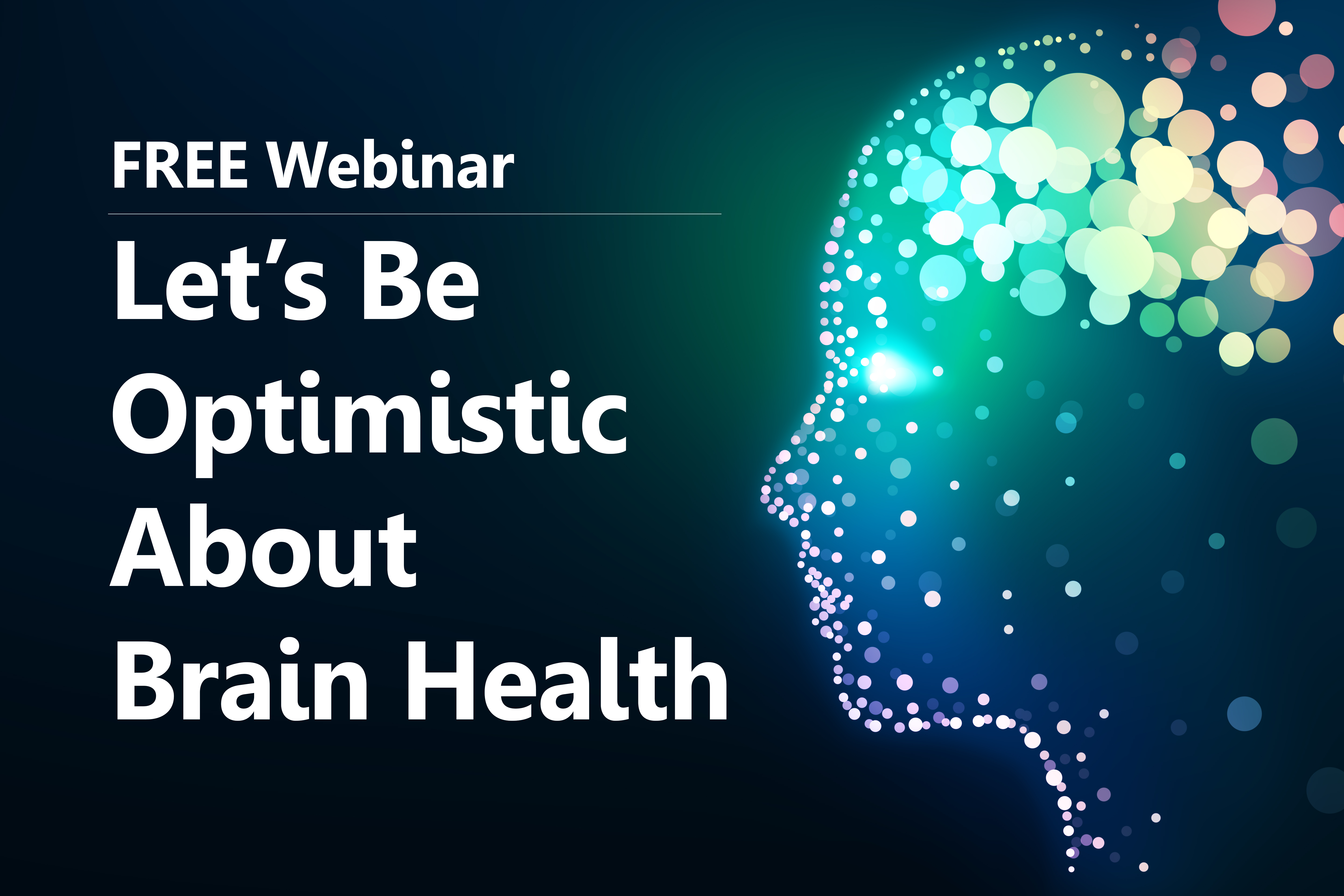Your brain does your thinking, but do you often think about your brain?
Taking steps to improve brain health leads to improved memory, better learning and problem solving, and decreases your chances of developing dementia. Genetics play a role, but lifestyle choices have a profound impact on both your body and your brain. You can improve the health of your brain through sleep, exercise, staying mentally fit, eating the right foods, and keeping up your social connections.
A healthy brain helps you stay independent, connected, and mentally sharp as you grow older. The great news is that many things you do every day can protect your brain and lower your risk for memory loss and dementia. Here are 10 simple tips to help keep your brain strong for life.

Exercise is one of the best things you can do for your brain. When you move your body, you increase blood flow and oxygen to the brain, which supports memory and clear thinking. It also helps reduce inflammation and encourages the growth of new brain cells. Aim for at least 150 minutes of moderate exercise each week—this could include walking, dancing, swimming, or even gardening. The more consistent your activity, the greater the benefit for your brain and body.

What you eat fuels your brain. A diet rich in vegetables, fruits, whole grains, lean proteins, and healthy fats supports brain health and may reduce the risk of cognitive decline. The Mediterranean diet is a great example—it includes fish, olive oil, nuts, legumes, and leafy greens. It’s also important to limit sugar, red meat, and processed foods. These choices don’t just help your brain—they protect your heart and overall health too.

Your brain loves a challenge! Activities that make you think—like puzzles, reading, playing games, or learning something new—can help keep your brain sharp. Learning a new skill, such as playing an instrument, speaking a new language, or taking a class, strengthens brain connections and may delay memory loss. Keeping your brain busy helps it stay strong, just like exercise does for your muscles.

Sleep is when your brain rests, repairs, and clears out harmful toxins. Adults should aim for 7 to 8 hours of sleep each night. Poor sleep is linked to memory problems and a higher risk of dementia. To sleep better, keep a regular sleep schedule, avoid naps late in the day, and turn off screens an hour before bed. Creating a relaxing nighttime routine can also help you fall asleep and stay asleep.

Being with other people helps keep your brain active. Social connections can boost mood, reduce loneliness, and support memory and thinking skills. People who stay socially engaged are less likely to develop dementia. Call or visit friends, join a club, volunteer, or attend a class. Even small conversations throughout the day make a difference.

Long-term stress can shrink parts of the brain involved in memory and learning. It also increases the risk of anxiety and depression, which can affect brain health. Simple activities like deep breathing, stretching, walking in nature, or practicing mindfulness or prayer can help reduce stress. Try to find relaxing moments in your day. If you feel overwhelmed often, talk to a health care provider—you don’t have to handle stress alone.

Diseases like diabetes, high blood pressure, heart disease, and obesity can damage blood vessels in the brain. This increases the risk for stroke and types of dementia like vascular dementia. Keeping these conditions under control with the help of your health care provider can protect your brain over time. This includes taking medications as prescribed, going to regular checkups, and following healthy lifestyle habits.

Smoking harms blood vessels and lowers oxygen flow to the brain, which can lead to memory loss. It also makes it harder for your body to use insulin, which is important for people with diabetes. Alcohol, especially in large amounts, can damage the brain over time. If you smoke, talk to your doctor about quitting. If you drink, try to stick to moderate amounts—or consider cutting back altogether for better brain health.

Head injuries—like those from falls or car accidents—can increase the risk of memory problems and dementia. You can protect your brain by wearing seat belts, using helmets when biking, and making your home fall-safe. This might mean adding grab bars in the bathroom or removing loose rugs. Preventing head injuries is an important way to protect your brain health long-term.

Seeing your doctor for routine checkups helps you catch and manage health issues early—including those that affect your brain. If you notice memory changes or feel more confused than usual, talk to your health care provider. Getting help early can lead to better outcomes and support. Brain health is part of your whole health, so don’t hesitate to ask questions or share concerns.
Webinars
Check out the following Age Well Series on Brain Health:
Fact Sheets on Brain Health
 Click the arrows and save to download the documents.
Click the arrows and save to download the documents.





